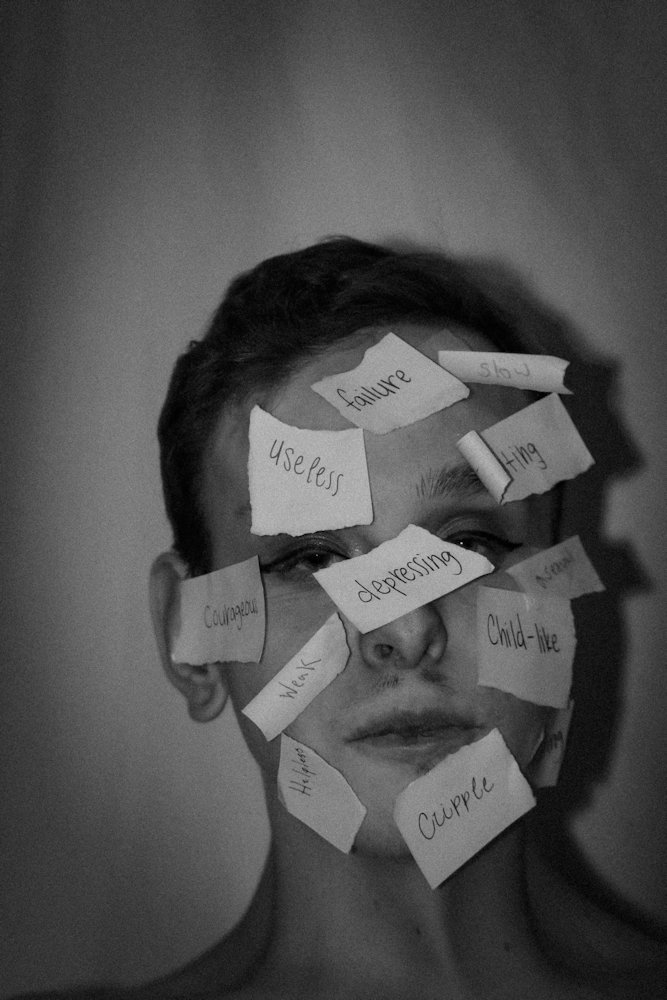ADHD / ADD Therapy
About ADHD (Attention-Deficit/Hyperactivity Disorder)
Adult ADHD affects focus, follow-through, emotion regulation, and confidence. Therapy helps you build systems that work for your brain, reduce shame, and turn chaos into clarity. If you’ve been masking or struggling in silence, you’re not alone—and you don’t have to keep white-knuckling it.
About ADHD (Attention-Deficit/Hyperactivity Disorder)
ADHD is misunderstood and often carries unfair labels like “lazy,” “argumentative,” or “forgetful.” But ADHD isn’t about being unmotivated—it’s about how your brain works.
Here’s the key: ADHD isn’t an “attention issue.” It’s a motivational issue caused by differences in brain chemistry.
Did you know?
How ADHD Brain Works
In a “neurotypical” brain, completing small tasks (like reading a sentence) triggers a steady “dopamine drip,” which helps with motivation and focus. ADHD brains don’t get this same reward.
To make up for it, people with ADHD seek dopamine through things like:
- Multitasking
- Fidgeting or moving around
- Switching tasks quickly
- Finding activities that feel exciting or stimulating

Want to learn more?
This short video offers a helpful overview of how ADHD shapes thinking, behavior, and daily life—highlighting both the challenges and the unique strengths that come with it.

What ADHD Therapy Looks Like

Reach Out and Connect
Contact us to schedule an intake session. This is your first step in building a plan that works for you.

Understand Your ADHD
We'll dive into your symptoms and how ADHD has shaped your life—both the challenges and the strengths.

Build on What Works
Together, we'll explore tools and strategies you've tried before, what's been helpful, and what hasn't. Using research-backed psychoeducation, I'll show you why certain methods work for ADHD and how we can improve them.

Create Systems That Fit You
We'll design routines and strategies that match how your brain works. No one-size-fits-all solutions—just systems that bring consistency and calm to your daily life.

Harness Your ADHD Superpowers
ADHD comes with unique strengths like creativity, energy, and hyperfocus. We'll lean into these advantages and use them to your benefit in work, relationships, and personal growth.
Let's Work Together to Understand Yourself Better.
The Challenges and Strengths of ADHD
Learn about the common struggles and surprising strengths that come with living with ADHD.
Challeges
ADHD brains struggle with time perception, often underestimating how long tasks take. This can lead to lateness, even when trying hard to be on time.
The ADHD brain has trouble with executive functions like planning and prioritizing. This makes it harder to structure tasks and can lead to missed deadlines or incomplete responsibilities.
ADHD affects attention and impulse control, which may cause missed cues or sudden reactions. This can frustrate loved ones and create tension in communication.
Strengths
ADHD often comes with the ability to see unique solutions and think innovatively. Together, we'll channel your creativity into structured approaches, like brainstorming strategies and project planning, that align with your goals. And tickle your brain in a way that keeps you motivated to continue.
Cognitive dynamism means having a brain that's naturally creative and adaptable. It's the ability to connect ideas, solve problems, and think outside the box in ways that others might not. People with ADHD often have this strength, which allows them to come up with unique solutions and tackle challenges with fresh perspectives.
In simple terms, it's like your brain is wired to see possibilities and opportunities that others might miss, making you a natural innovator and problem-solver.
ADHD affects attention and impulse control, which may cause missed cues or sudden reactions. This can frustrate loved ones and create tension in communication.
Frequently Asked Questions About ADHD
No, ADHD doesn't disappear with age. Many adults live with undiagnosed ADHD, struggling with work, relationships, and daily life.
ADHD is a neurological condition, not a lack of effort. It affects planning, organizing, and time management. Therapy provides tools to work with your brain, not against it.
ADHD causes fluctuating attention. Many people with ADHD experience "hyperfocus," where they become deeply absorbed in tasks they enjoy. Therapy can help harness hyperfocus as a strength.
Arguments may feel stimulating due to dopamine release. Frustration from feeling unheard can escalate disagreements. Therapy can help with emotional regulation and communication skills.
Premarital counseling is designed for engaged couples, but long-term partners can also benefit.
Medication helps, but it's not the only option. Therapy, routines, and behavioral strategies also play a huge role in managing ADHD. The most effective treatment combines both medication and psychotherapy.

